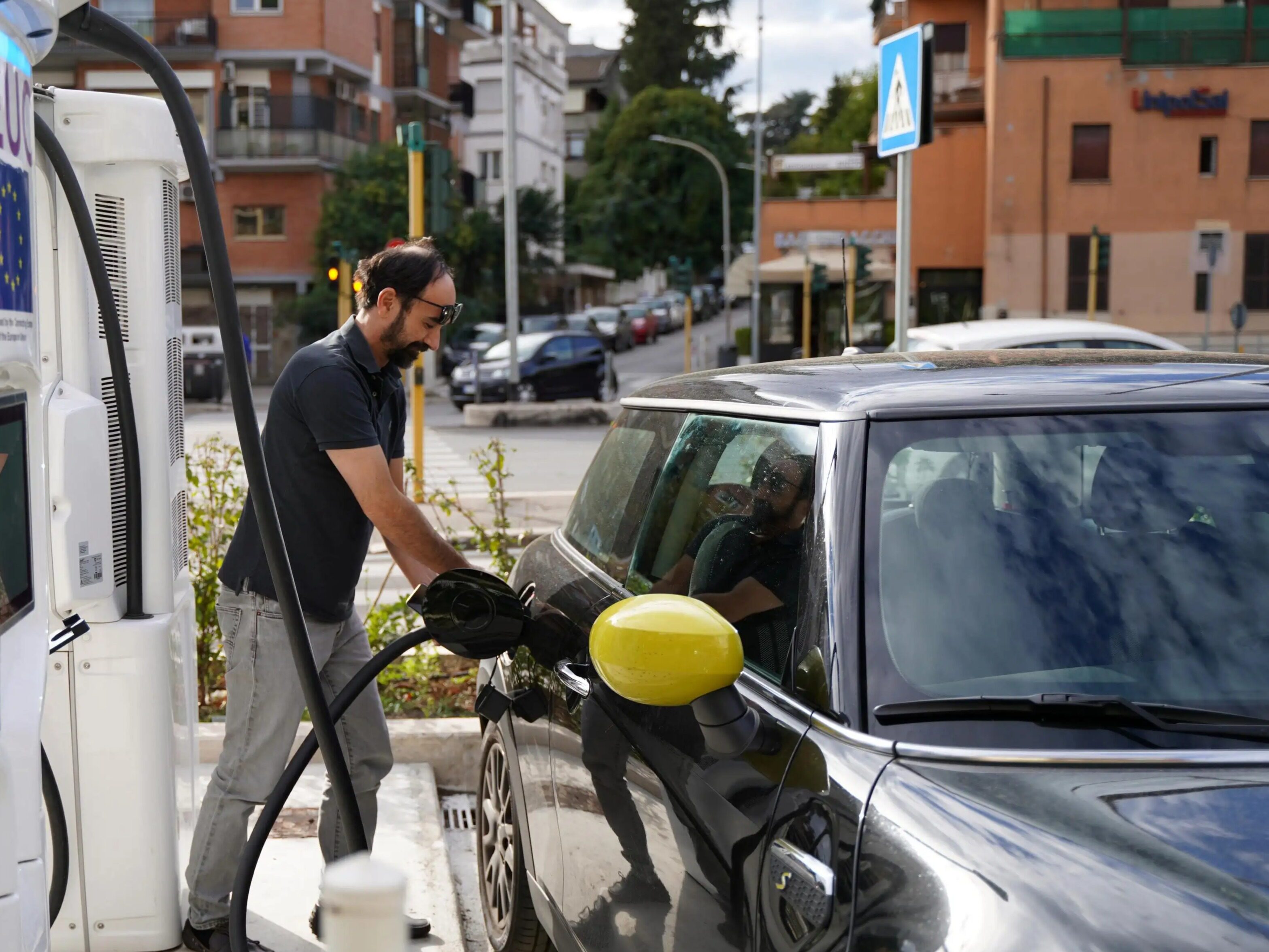
- Supply uncertainty impacted by Ukraine situation leaves Europe in energy woes
There were long queues at the gas station and they had to drive farther to find fuel. Transport companies have complained that operations cannot continue and that commuters have to choose between carpooling or travelling by bus. These are situations that have been playing out in several European countries in recent days. With the escalation of the situation in Russia and Ukraine, fuel prices in many European countries have risen rapidly, with an average price of more than 2 euros per liter in early March. Not only oil prices, but also the rise in energy prices has also affected many areas closely related to people's lives, such as food and daily necessities.
Russia is the EU's largest supplier of natural gas and crude oil. About 40% of the EU's natural gas imports and about 30% of its imported crude oil come from Russia. In recent months, Europe has been plagued by rising energy prices, and supply uncertainty caused by the situation in Ukraine has further exacerbated Europe's energy woes and cast a shadow on the European economy, which is desperate to get rid of the new crown epidemic.
Pushing forward energy alternative measures
The European Commission said recently that new geopolitical risks and energy market realities require the EU to vigorously accelerate the transition to clean energy and improve Europe's energy independence from unreliable suppliers and unstable fossil fuel supplies.
To that end, the European Commission last week proposed a plan to gradually wean itself off Russia's fossil fuels by 2030. At the just-concluded EU member state leaders' informal meeting in Versailles, France, European Commission President von der Leyen even set this goal forward by three years. She recommended that the EU end the use of Russian fossil fuels by 2027.
According to this plan, the EU plans to enhance the resilience of the EU energy system from two aspects: "opening sources and reducing expenditures". On the one hand, the EU will diversify its natural gas supply by increasing the import of liquefied and pipeline natural gas from non-Russian suppliers, and by increasing the production and import of biomethane and renewable hydrogen. On the other hand, the EU will accelerate the reduction of fossil fuel use in households, buildings, industry and power systems by improving energy efficiency, increasing renewable energy and electrification, and addressing infrastructure bottlenecks.
The European Commission said that under this plan, the EU can gradually reduce the use of fossil natural gas by at least 155 billion cubic meters, equivalent to the total amount imported from Russia in 2021. Nearly two-thirds of those cuts could be achieved by the end of 2022, ending the EU's overreliance on a single supplier.
Decoupling from Russia will not be easy
However, there are still big doubts about whether the EU can achieve this goal. Not long ago, the United States announced to stop importing natural gas and oil from Russia, which obviously put "a lot of pressure" on European allies. There are still serious differences within the EU on the implementation of this plan. Although some member states actively request the EU to impose an embargo on Russian oil and natural gas, countries with a high degree of dependence on Russian energy are very cautious. Germany, Austria, Finland, Hungary and other countries said they could not "rush things", saying that the energy switch could not be "turned off overnight".
German Chancellor Scholz previously said that in the past few months, the German government has been discussing alternatives to Russian energy with partners inside and outside the EU, but this cannot be achieved in the short term. Energy from Russia is vital to Europe, and there is currently no other way to secure Europe's energy supply for heating, electricity and transport, he said. European Commission executive vice-president Frans Timmermans has warned that a "decoupling" from Russian energy could do "more harm" than the Ukraine crisis.
France, the EU's rotating presidency, also made it clear that although the United States announced a ban on imports of Russian oil and gas, France would not "immediately ban" it. Because the United States has no dependence on it, but European countries are different.
Economic recovery is getting tougher
Affected by the sharp rise in energy prices, inflation in the euro area has continued to rise recently. Inflation in the euro zone reached an annual rate of 5.8% in February, surpassing January's 5.1% and hitting a new record high. Among them, energy prices are the main reason for pushing up this round of inflation, which rose sharply by 31.7% year-on-year.
The conflict between Russia and Ukraine has added to inflationary pressures in Europe, and there are concerns that Russia, a major energy supplier, may cut or even cut off its energy exports to Europe, thereby further pushing up energy prices.
Rising energy costs have sapped household purchasing power, eroded corporate profits, weighed on investment and could affect the prices of other goods and services, especially food.
Economists expect euro zone inflation to rise above 6% in March as the impact of the situation in Ukraine on energy markets intensifies.
European Central Bank President Christine Lagarde said the Russian-Ukrainian conflict pushed up energy and commodity prices, undermined international business activity and undermined confidence, with a substantial impact on economic activity and inflation in the euro zone. The specific impact will depend on the progress of the Russian-Ukrainian conflict, the impact of current sanctions and possible follow-up measures.
Katarina Utmer, senior economist at Allianz Group, also said that if the West further strengthens sanctions against Russia, including sanctions on the energy industry, it may push the euro zone economy into recession. Editor / Xu Shengpeng
Comment
 Praise
Praise
 Collect
Collect
 Comment
Comment
 Search
Search


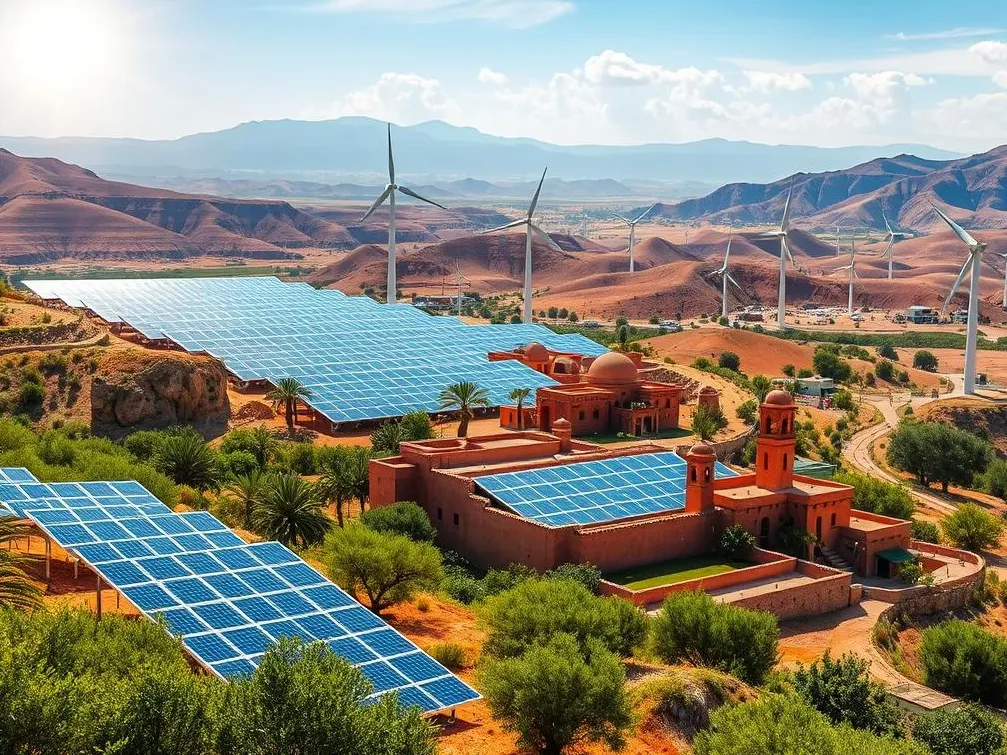
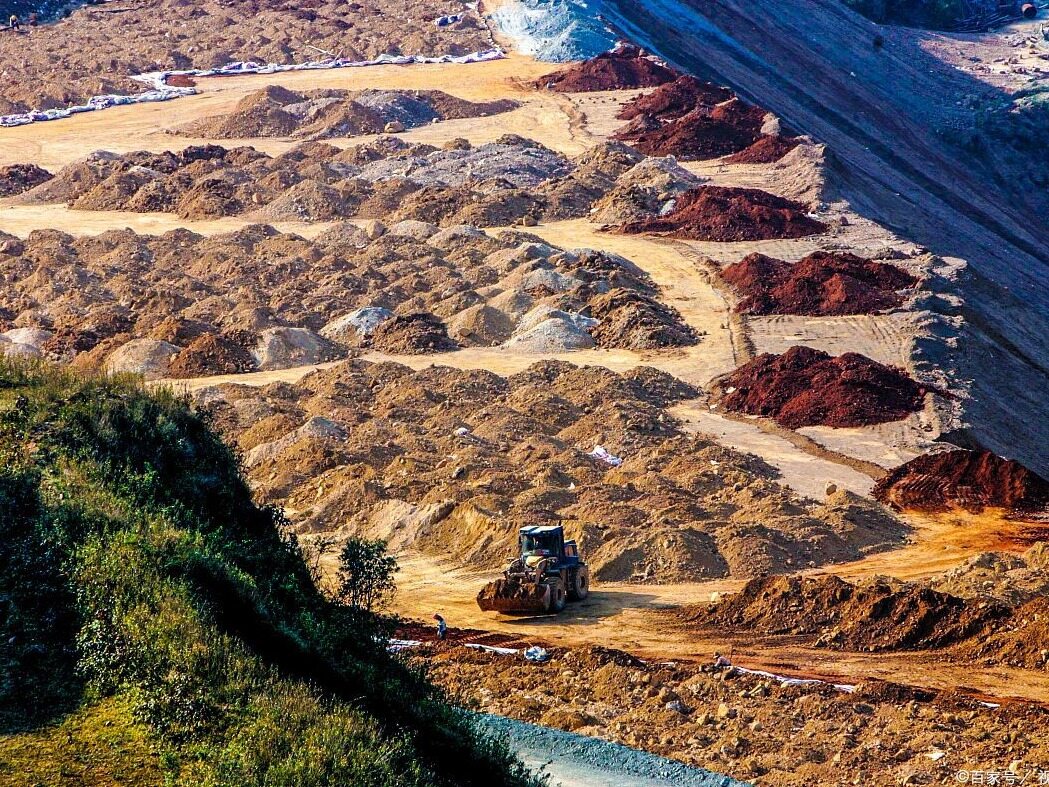
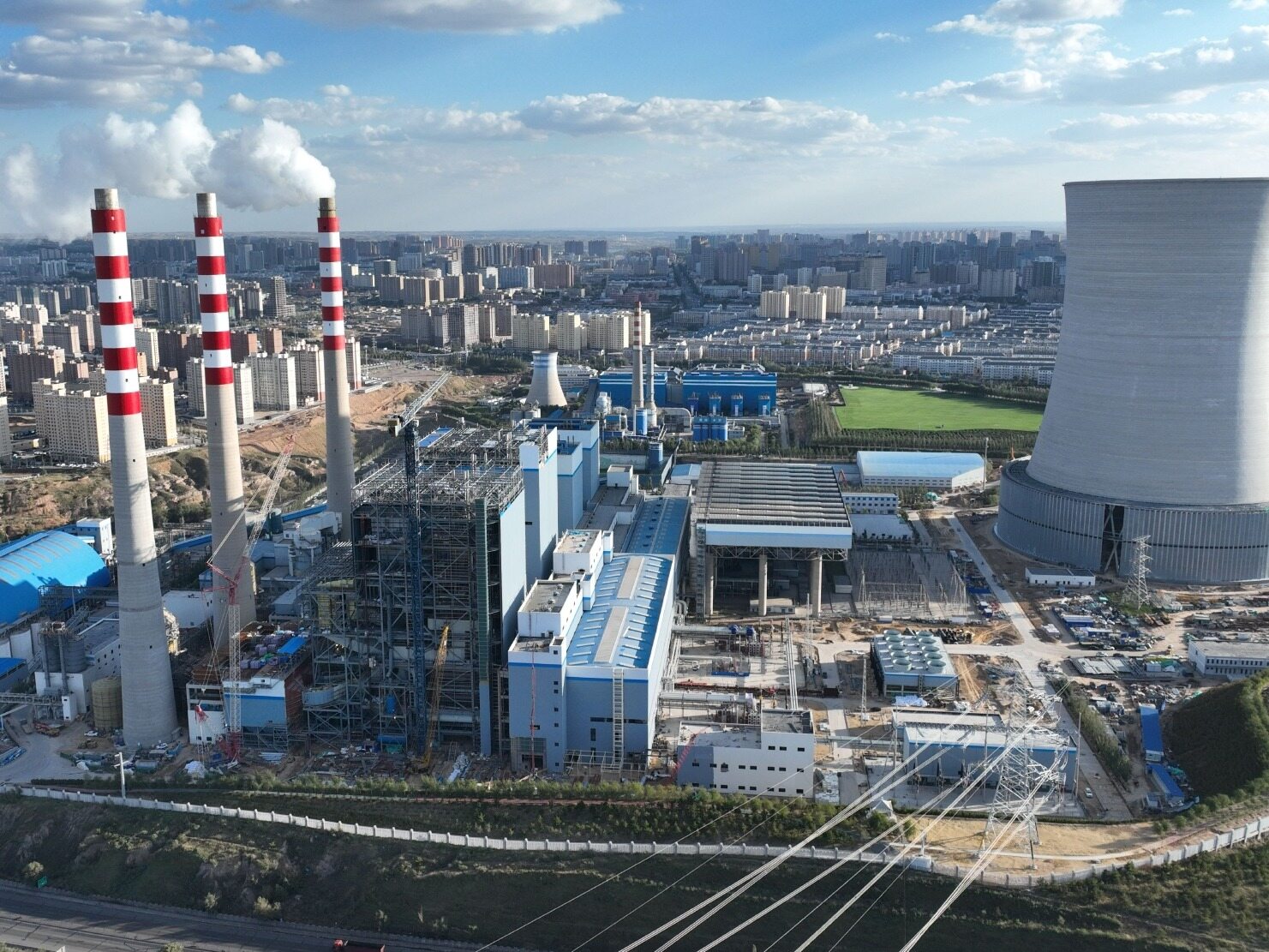
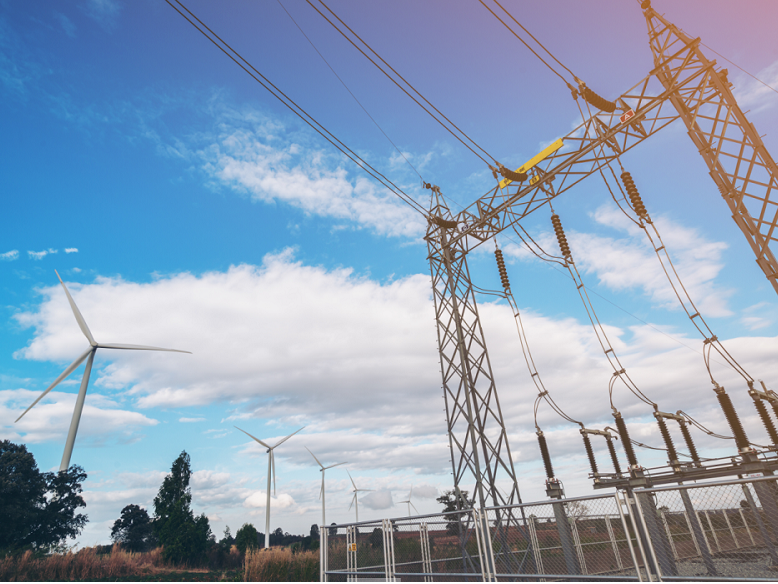
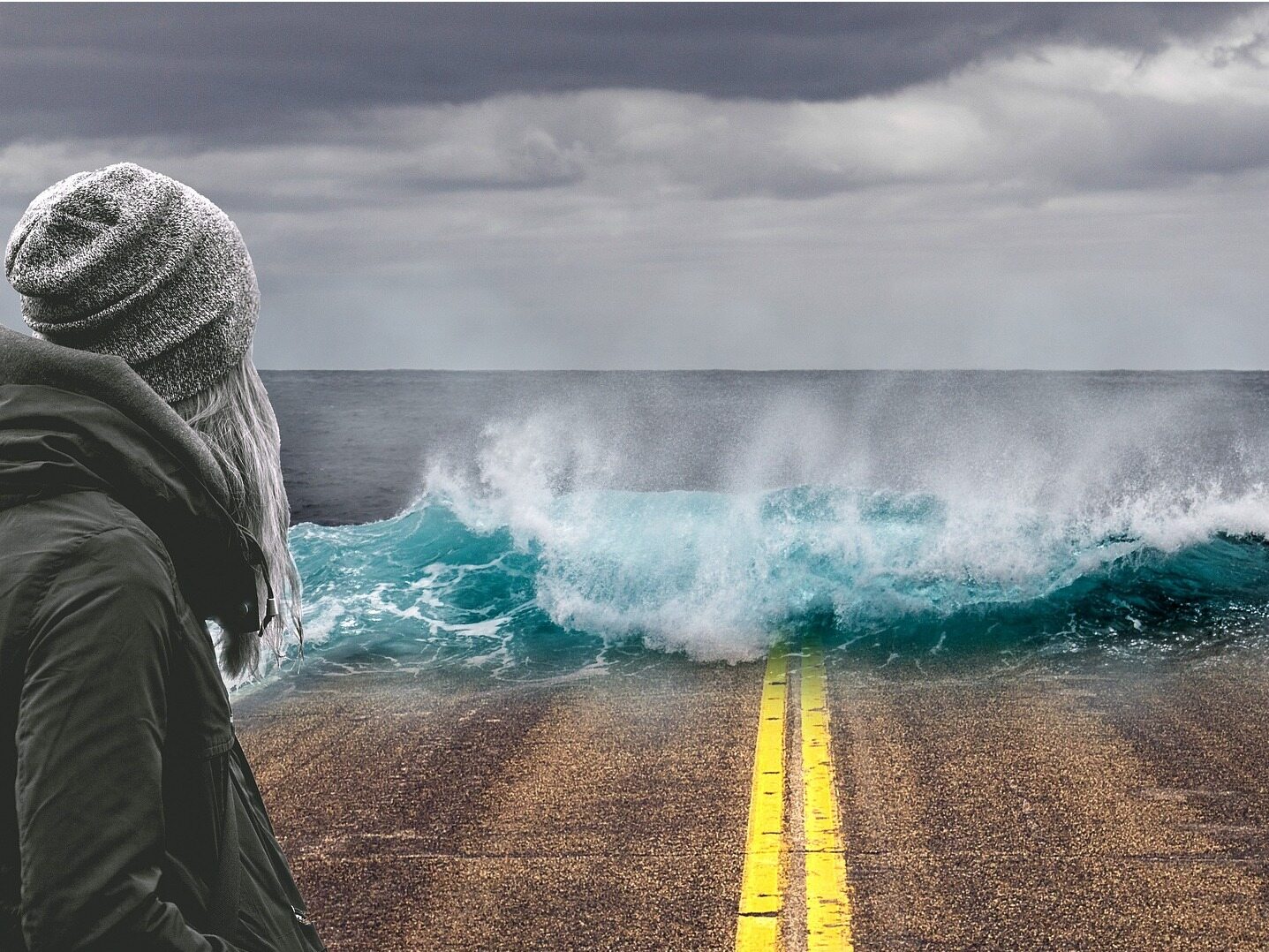







Write something~